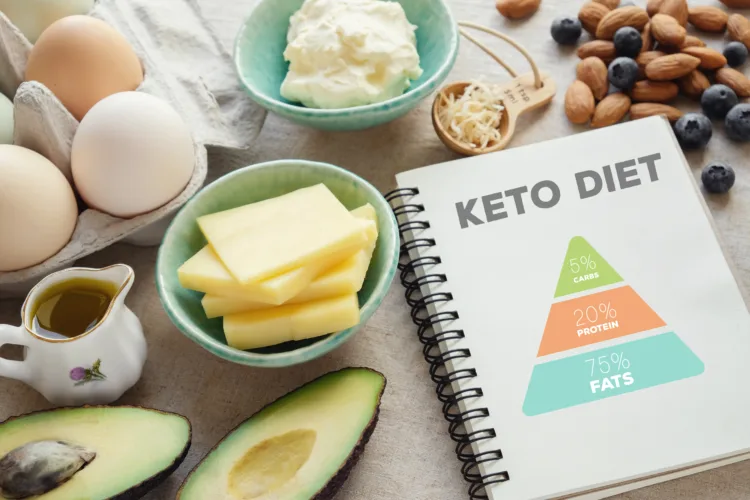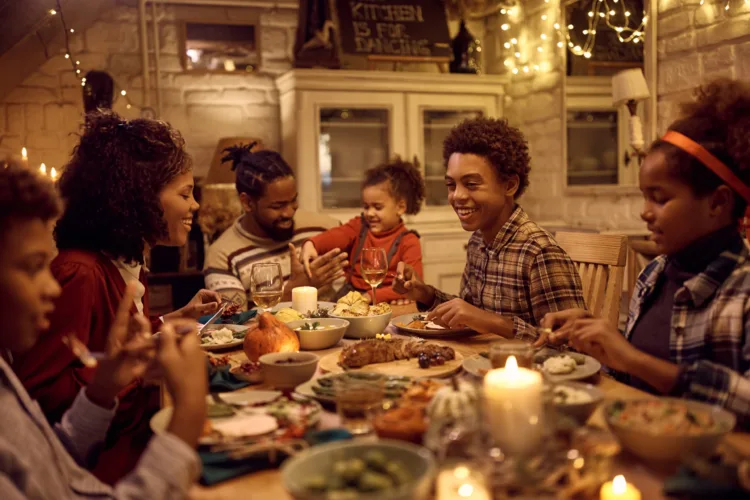
Approaching the holidays when you’re struggling with an eating disorder can often bring more stress than joy.
Whether it be an Independence Day barbecue, Easter brunch, Thanksgiving Dinner or a Christmas party, plenty of people without eating disorders are binging this time of year. Eating and drinking to excess is unfortunately socially considered more acceptable during the holidays, though it is just as unhealthy and potentially dangerous.
There are triggers left and right, and preparing to navigate these holiday festivities and events can feel overwhelming when you try and tackle it by yourself, but we’re here to help. Certain disorders are more common during the holidays, and knowing which disorders are most likely to be triggered can greatly help you prepare.
In this article, we’re going to discuss the most common eating disorders that develop during the holiday months and explain what makes these disorders most prevalent at this time.
Holidays and eating disorders: an overview
Due to how food- and drink-focused the holidays are, they can be especially difficult for someone who is struggling with an eating disorder.
The development or exacerbation of eating disorders is not limited to the various holidays throughout the year, but they are especially prevalent during these phases. The increase in social activities, the stress of schedule or routine changes and recurring mental anxiety can all be potential triggers for engaging in or returning to unhealthy behavior.
Those who are further along in their recovery may have loved ones who are aware of their circumstances and can support them throughout the holidays. They may also be more confident in their ability to eat more or less (depending on the disorder). For those who haven’t yet started recovery, or whose loved ones are unaware of their struggle, they may find these times of year especially stressful.
Recovery is important, and it’s never too late to start — send us a message today to learn more about how you can start taking steps toward healing your relationship with food today.
Most at-risk eating disorders
The most at-risk eating disorders during the holidays are anorexia nervosa, bulimia nervosa and binge-eating disorder.
Anorexia nervosa involves restricting your food intake by skipping meals or eating less and is typically characterized by a fear of gaining weight.
Bulimia nervosa is characterized by episodes of eating large amounts of food followed by “counteractive” measures, most commonly, self-induced vomiting.
Binge-eating disorder involves recurring episodes of eating excessive amounts of food. These binges are accompanied by a sense of a lack of control and are characterized by consuming amounts of food in one sitting (portions that are larger than healthy) often at a faster rate.
Though these are not the only eating disorders that can develop or be triggered during this time of year, these three disorders are the most common during the holidays.
If you or someone you love is struggling with an eating disorder (or you suspect that you or they are), we offer programs for adults and adolescents to help.
Take the first step today
Seeds of Hope offers premier rehabilitative services to people struggling with eating disorders, whether it be anorexia, bulimia, binge-eating disorder or otherwise.
As a unique individual, you deserve a treatment plan that will take into consideration your full-spectrum health, one that will help heal not only your body but your mind as well. Recovering from an eating disorder is more than completing a program or being able to eat without guilt or without bingeing. True recovery is a longer, more in-depth process, one that will not only heal you from the eating disorder but improve your mental health and quality of life.
Whether you’re ready to enroll in one of our recovery programs or not, we’re here to help.
Contact us online or call us today at 610-644-6464 to speak with one of our intake specialists and learn more about the different services we offer, and how we can help heal your relationship with food.


